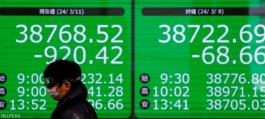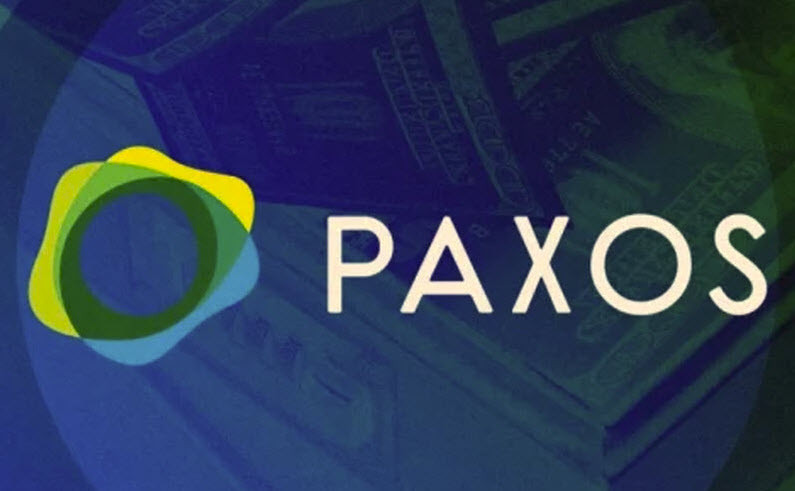The US Securities and Exchange Commission (SEC) is preparing to take action against Paxos, which issues a type of cryptocurrency called stablecoin.
According to Arabiya.net, experts in the crypto sector stated that this move has significant implications for the $137 billion stablecoin cryptocurrency market.
Stablecoins are a type of cryptocurrency designed to mirror real-world assets such as the US dollar.
These stablecoins are often backed by real assets such as bonds or cash as a reserve. It has become the backbone of the cryptocurrency market as it allows dealers to trade in and out of various digital currencies quickly without the need to convert to and from fiat currencies.
Paxos has released a digital currency called Binance USD or BUSD, which is a stablecoin linked to the giant crypto exchange Binance, and the currency is closely pegged to the US dollar.
Last week, the New York State Financial Regulatory Authority ordered Paxos to stop issuing BUSD.
Separately, Paxos said, the SEC has issued a notice that the regulator is considering recommending action alleging that its stablecoin is a security. The company added that the notice indicated that Paxos should have registered the BUSD offering under federal securities laws.
The SEC has not initiated the official action, but the agency's steps are being watched closely because if it initiates an official action, it could have huge implications for all stablecoins including Tether and USDC, the two largest stablecoins worth a combined $110 billion. .
Renato Mariotti, partner at BCLP law firm, told CNBC: If the SEC is going to charge Paxos, then any other stablecoin issuer should register or be prepared to fight a legal battle with the SEC.
Are stablecoins securities?
While the SEC has not yet issued a specific fee, the Paxos notice focuses on the question of whether stablecoins are securities.
For its part, Paxos said, it categorically disagrees with the SEC officials because BUSD is not a security under the federal securities laws.
The Securities and Exchange Commission uses a test, known as the Howey, to determine what is considered an investment security or contract. There are 4 criteria for determining whether something is an investment contract as part of the test, one of which is whether there is an expectation of profit from the investor.
If BUSD is deemed a security by the SEC, the regulator will have oversight of the stablecoin. Whoever issues the currency, it will need to register with the Securities and Exchange Commission and accept stricter regulations.
Another consequence is that other stablecoins will also be given the same rating.
What are the possible outcomes?
There are a number of different scenarios that may occur. Which will depend on what the SEC claims against Paxos and how the two sides move forward.
Mariotti believes, however, that the SEC likely will reach a settlement with Paxos in which the company recognizes BUSD as a security, leading other stablecoins to follow suit and register.
Paxos could potentially sue vigorously against the Securities and Exchange Commission, Mariotti said, but the cost of doing so would be significant.
He added: Litigation will take years and the risk of losing before the Securities and Exchange Commission will be great. And just having Paxos fighting the SEC would create risk and possibly make BUSD less attractive to the market.
Another finding, according to Mariotti, is that the SEC may regulate the assets used to back stablecoins and the requirements for digital currency issuances to make market disclosures.
As the risks extend to other major stablecoins, that will depend on the SEC's allegations against Paxos and BUSD.
In turn, Professor of Finance at the University of Sussex, Carol Alexander, said that the US regulator's action is more a move against Binance than against stablecoins.
Alexander added that Binance is causing increasing concern to regulators around the world, in areas from money laundering to breaches of securities laws. She said this could be one reason why the SEC is targeting its stablecoin.
Reuters reported last year that the Department of Justice was investigating Binance on suspicion of money laundering and sanctions violations. Bloomberg reported in 2021 that US officials were investigating insider manipulation by Binance employees.










































